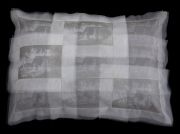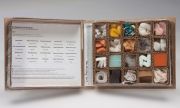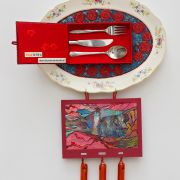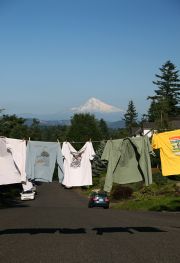Shu-Ju Wang
Artist Statement / Bio
Making art is a way for me to learn about the world and our relationship to each other the land, the water, all the beings that call this place home our experiences and transformations form a complex tapestry of cooperation and conflict. While my work is largely focused on the radical and sometimes catastrophic shifts of our lives, I find tenderness in our efforts to continue life on this planet, hope in our willingness to work together, and humor in our flaws.
Artist Essentials
- Contact Artist
- Artist Website
- Phone: 5037241821
PORTLAND, Oregon
United States
Northern America
Magazine Contributor
Artist Social
- Facebook: shujuwang/
- X: shujuwang
- Instagram: shujuwang/
- LinkedIn: shu-ju-wang-6172b512/





